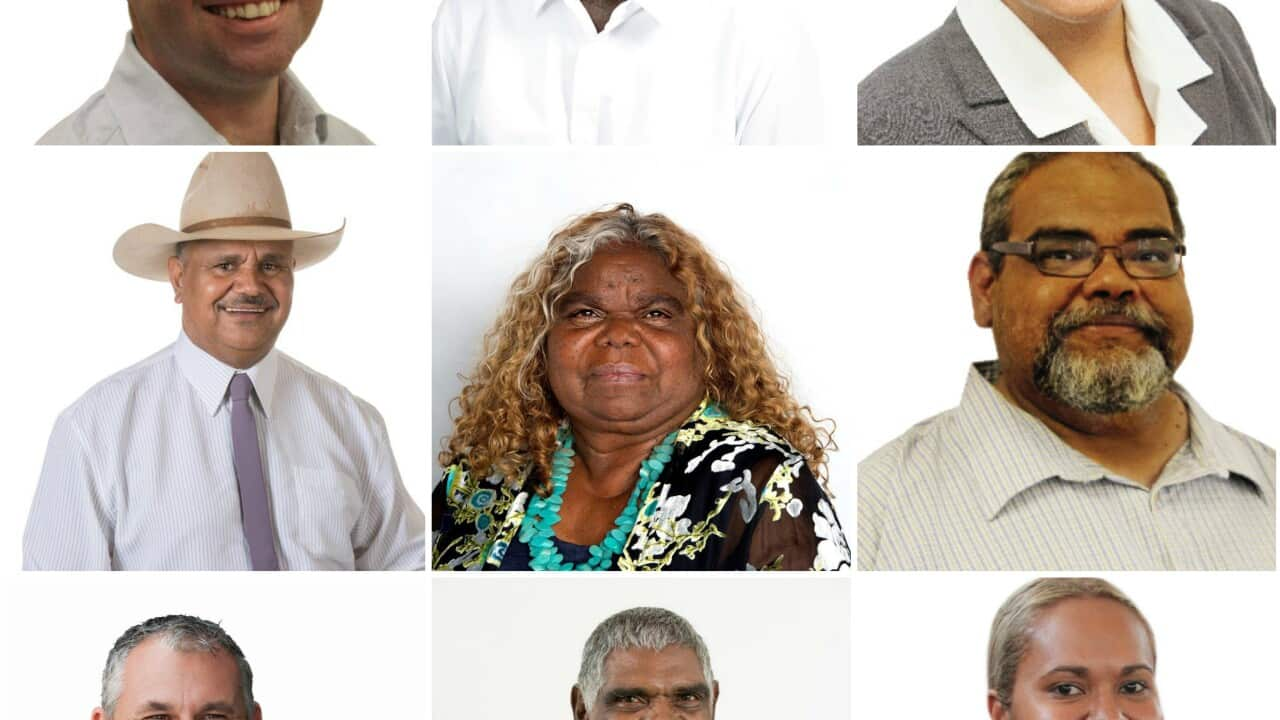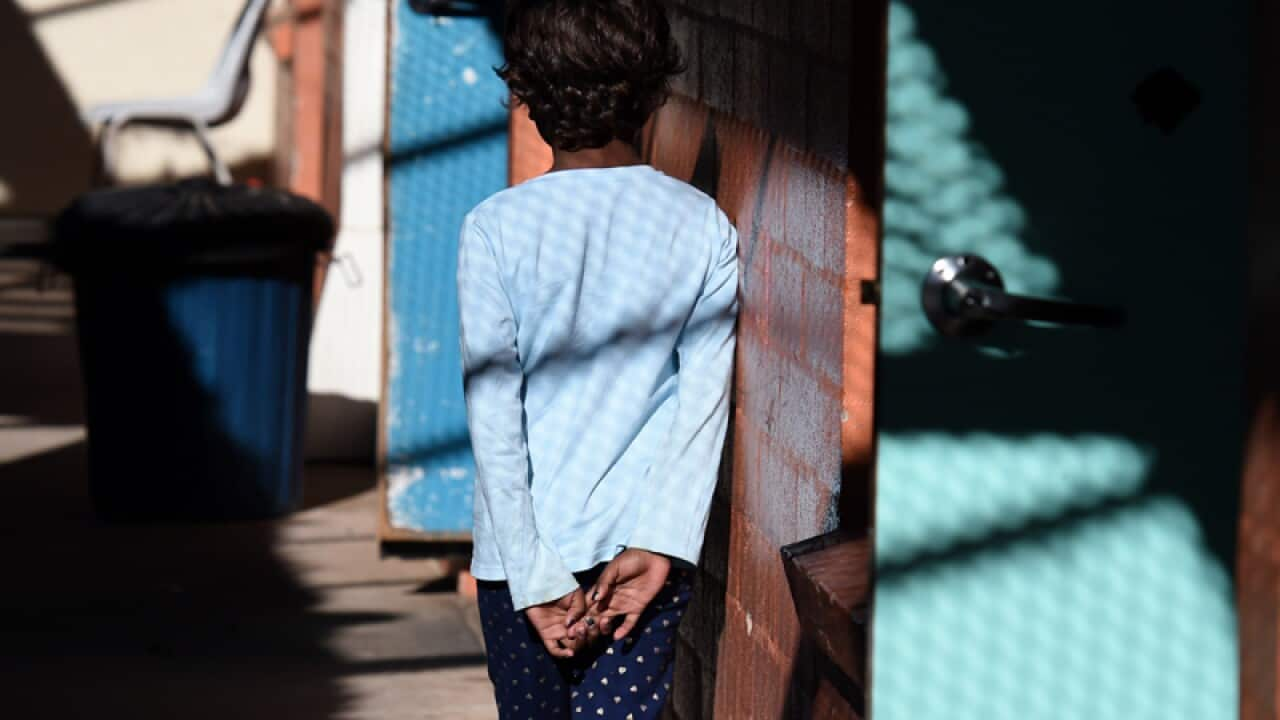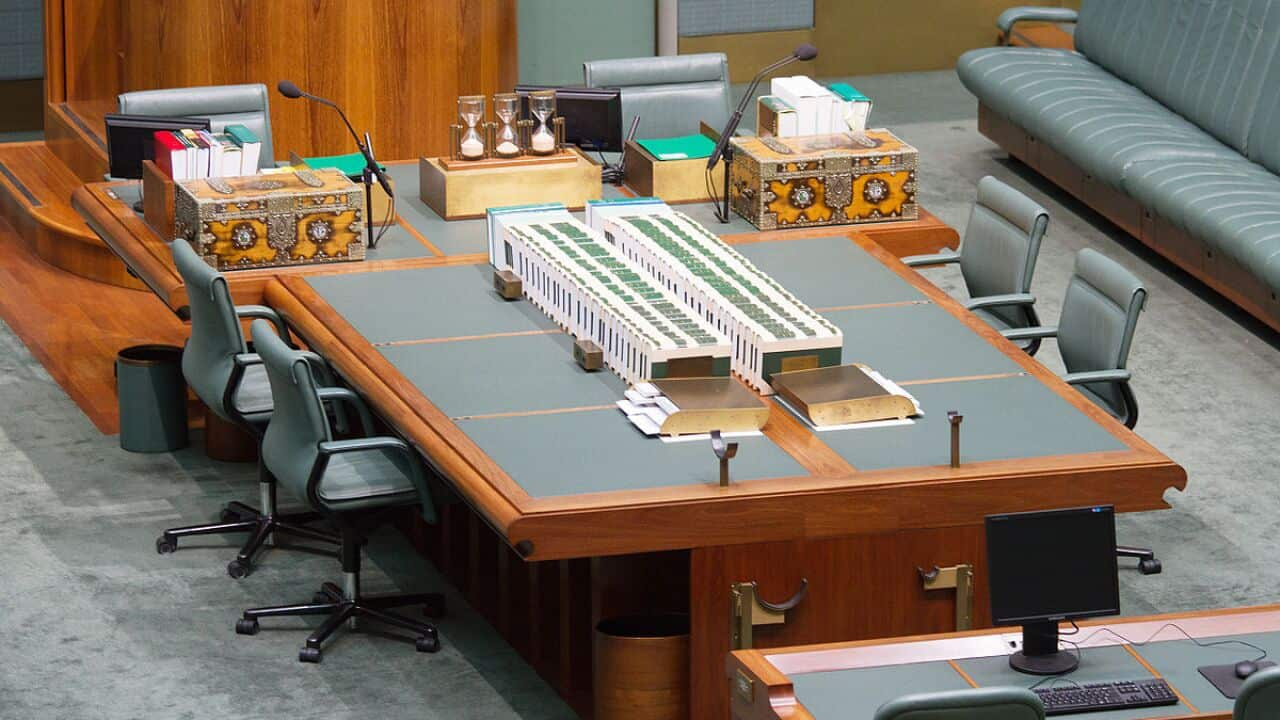A record number of twenty-five candidates are in the running for the ACT's Aboriginal and Torres Strait Islander Elected Body in 2017.
Established under the ACT Aboriginal and Torres Strait Islander Elected Body Act 2008, the body elects seven people representing the interests and aspirations of the local Indigenous community.
Wiradjuri woman, Jessa Rogers, is one of the candidates. As an assistant professor of Education at the University of Canberra, she hopes to push Indigenous education to the forefront.
"We've got amazing programs like Solids and other programs that run that help kids with culture but they don't have them throughout most schools. So if I do get on the elected body I'll be pushing really hard for the ACT Government to invest in embedding Indigenous perspectives throughout the curriculum, not just for Koori kids but all kids," she told NITV News.
Ms Rogers said education has played a huge role in her life and career, and changed things for the better. "I was sixteen when I fell pregnant, I was at the start of Year 12 and I was lucky enough to already be on a scholarship. Neither of my parents finished school and I didn't let that stop me. I decided I was going to on to university and after my school supported me, I wanted to become at a teacher," she said.
"I was sixteen when I fell pregnant, I was at the start of Year 12 and I was lucky enough to already be on a scholarship. Neither of my parents finished school and I didn't let that stop me. I decided I was going to on to university and after my school supported me, I wanted to become at a teacher," she said.

Wiradjuri woman Jessa Rogers is one of the candidates for the ACT Aboriginal and Torres Strait Islander Elected Body Source: ANU
She went to work with Indigenous students in Queensland as a teacher. Her PhD explored Aboriginal and Maori girls' contemporary boarding school experiences in Australia and New Zealand.
Her work as an educator then took her up to Far North Queensland where she led an Indigenous girls' boarding school for teenage mothers and their children.
"I've always believed education is the key to success for our mob and to give our people a voice and a future," she said.
The ACT Aboriginal and Torres Strait Islander Elected Body was established to enable Aboriginal and Torres Strait Islander people in the ACT to have a strong democratically elected voice.
The body, in place since 2008, provides direct advice to the ACT Government with the ambition of improving the lives of Aboriginal and Torres Strait Islander Canberrans. But candidates do not need to hail from the area.
Ross Fowler, a Bidigal Dharawal man from New South Wales, is running for the second time.
As the current Chair of ATSIEB, he said there are still a number issues facing the community that need to be addressed. "There is still a lot of work to do for our people at not only here at the local level but of course nationally. But when you look here in Canberra, such an affluent society we live, we have a high proportion of incarceration, we have the second highest removal in the country with around 40 per cent around care and protection issues, we still have our housing issues, unemployment issues," he told NITV News.
"There is still a lot of work to do for our people at not only here at the local level but of course nationally. But when you look here in Canberra, such an affluent society we live, we have a high proportion of incarceration, we have the second highest removal in the country with around 40 per cent around care and protection issues, we still have our housing issues, unemployment issues," he told NITV News.

Bidigal Dharawal man Ross Fowler is running for the ACT Aboriginal and Torres Strait Islander Elected Body (Photo courtesy of ATSIEB) Source: ATSIEB
He hopes to see a stronger representation and ensure more Indigenous voices are heard.
"Certainly making sure we have a seat at the table at the Legislative Assembly for us and that hopefully one day the Minister for Aboriginal Affairs will be an Aboriginal person."
ACT Minister for Indigenous Affairs, Rachel Stephen-Smith, said it is exciting to see such a diverse group of candidates.
"To see the number of women stepping up, to see the diversity in age, background and experience. I think it's going to be a really great election," she told NITV News.
Ms Stephen-Smith hopes to see a significant increase in the number of people voting in the election.
"We've definitely seemed to have seen an increased level of engagement in this election and it's kind of a virtous circle, the more people engaged, the more people give creditibility to the elected body, the stronger it's gonna be as a voice," she said.
ATISEB is the only representative body of its kind in the country that advises government at a state/territory level.
Robyn Forester, Director of the Office for Aboriginal and Torres Strait Islander Affairs, says ATSIEB could become a template for other jurisdictions, similar to what was proposed at the Uluru convention.
"A number of the jurisdictions are starting to look at their own models, particularly Victoria, New South Wales and Queensland, looking at what they can develop to have a similar model to have a democratically elected body as well. We're able to support and provide guidance to other juridictions who are keen on a similar model" she told NITV News.
She says having a voice to government is vital.
"We live, eat and breath the community, we understand our community. It's really important that we have a body that we've elected that can help drive forward our issues to government."
Voting for the Elected Body will be held from Saturday 1 July until 8 July.












